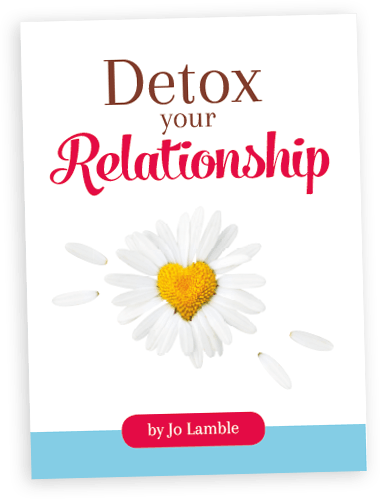 The sad truth about people who try to please everyone is that they often end up letting others down. So the thing they fear the most ends up happening. Sadly, the most important people in their lives are often the ones who are rarely pleased. Tearful women tell me that their partners put everyone else’s needs before their own and men pretend not to be hurt when their partners seem to care more about others.
The sad truth about people who try to please everyone is that they often end up letting others down. So the thing they fear the most ends up happening. Sadly, the most important people in their lives are often the ones who are rarely pleased. Tearful women tell me that their partners put everyone else’s needs before their own and men pretend not to be hurt when their partners seem to care more about others.
People pleasers are always feeling torn. They feel like they have everyone’s happiness in their hands. They fear any form of criticism and are often defensive when empathy is needed. They are terribly sensitive – both to the needs of their friends and workmates and to being hurt themselves. They just don’t realise that their partners also have needs and don’t appreciate being last on the priority list.
How is a people pleaser created? Some have parents who have taught them that the opinions of others matter most in life. So they learn to fear negative evaluation of any sort. Others were brought up in a household full of conflict and the consequences of making mistakes were abusive or violent. So they learn to avoid conflict at all costs.
People pleasers have a strong incentive to change. Their significant relationships are at risk if they don’t learn to prioritise. If you are a people pleaser, it’s possible to continue being the lovely person you are and still maintain the trust and love of your partner. How? By:
- learning to tolerate criticism
- practicing showing empathy
- learning to say no without having to explain why
- putting your partner first when appropriate
- accepting that you won’t be liked by everyone
- practicing decision-making without relying on others’ opinions
- and understanding that avoiding conflict often makes the fear worse
And for those parents of young children, be careful not to make them worry too much about what others think of them. Teach them strong values so they know the difference between right and wrong, but stress the importance of prioritising close relationships and reminding them that they matter too.
















